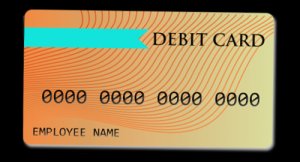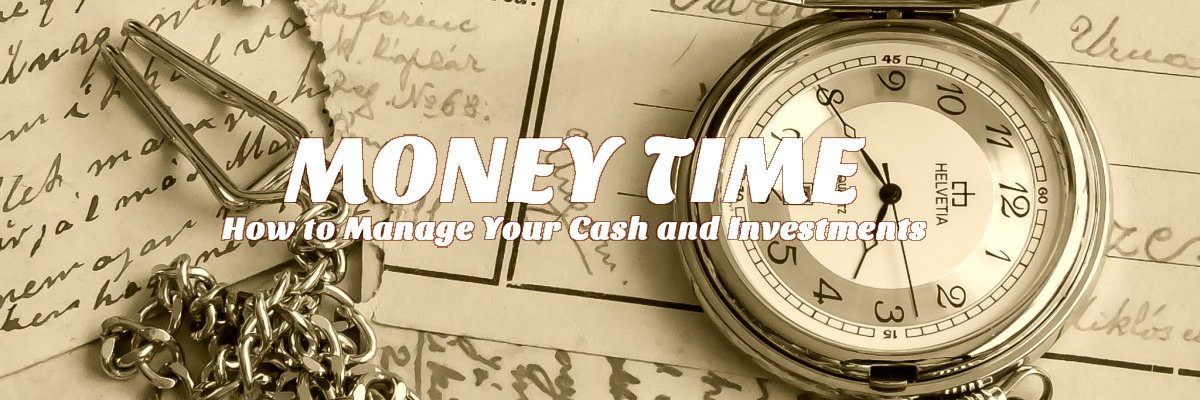 Prepaid debit cards are very popular now. You can buy many specialty prepaid debit cards (for restaurants, movies, and other types of entertainment) at a discount through shopping clubs like BJ’s, CostCo, and Sam’s Club. But you can also buy prepaid debit cards that may be used at most retail locations like they are credit cards.
Prepaid debit cards are very popular now. You can buy many specialty prepaid debit cards (for restaurants, movies, and other types of entertainment) at a discount through shopping clubs like BJ’s, CostCo, and Sam’s Club. But you can also buy prepaid debit cards that may be used at most retail locations like they are credit cards.
Depending on where you purchase such prepaid debit cards (Visa and American Express offer them), you may be able to load money onto them without paying any annual, monthly, or per-load fees. At the time this article was written most experts agree that American Express’ Bluebird prepaid debit card offers the best value for consumers (virtually no fees). The only way they can make any money on those cards, really, is by earning interest on the deposit values (the money you have not yet spent).
Some prepaid debit cards allow free loading if you set up a direct deposit method. This is a good way to manage expense cards for students who away at school, or for employees who need to purchase supplies, or for yourself if you maintain a monthly budget and allow yourself a certain amount of money for discretionary use.
Prepaid debit cards may be subject to a few restrictions. For example, if you pay for gas at the pump your card may be subject to a hold of about $75. You will have to wait 1-3 days for the charge to be processed before the difference between your purchase and the $75 hold is deducted from your card’s balance. You can avoid the hold by asking the attendant to charge your card directly (not every gas station can do this).
If you are reserving a hotel room or renting a car you may still have to use a credit card to make the reservation or create the contract, but you can usually switch to the prepaid debit card to settle the bill.
Although prepaid debit cards may not have enough balance to complete a purchase, in this writer’s experience many retailers will “drain” a low-balance card for partial payment and their processing machines will then ask for another form of payment for the remaining balance of the bill. Some restaurants may accommodate use of multiple debit cards, especially if their companies offer their own gift card programs. So there is really no need to be embarrassed if you experience a minor difficulty at the cash register with a prepaid debit card just as long as you can cover any extra costs with alternative forms of payment.
Besides the “hold” that some merchants place on your card, the only other real inconveniences may fall into two categories: returns and ATM fees.
When you return merchandise (or cancel a transaction) that you paid for with a prepaid debit card, it may take several business days for the merchant to refund the balance to your card. This may be due to the way the prepaid debit card system is set up. They have to allow the charge to go through, collect the money from the card issuer, and then initiate a reverse transfer. Because banks still settle account balances only once per business day, you have to wait 2-3 business days for all the parties involved in the transaction to settle accounts.
General purpose prepaid debit cards, and some gas station prepaid debit cards, can be used to withdraw money at ATM machines. You will almost always have to pay a fee (which is automatically deducted from your card balance) to use the ATM machine. You’ll want to know what the fees are in advance so that you can calculate whether you have enough balance left to make a withdrawal. Most ATM machines only dispense money in $20 increments.
You may be able to get cash back from a retailer by using the “DEBIT” option on the card swiping machine. Provided you don’t need a lot of cash, this is often a much less expensive alternative to using an ATM machine.
Many card issuers now allow you to track your prepaid debit cards online, so that you know what their current balances are and where you used them. Prepaid debit cards offer convenience and some security against fraud, but be careful not to confuse a prepaid debit card with either a full service bank account or a credit card. Your daily limits may be very different; and prepaid debit cards almost always have limits on how much money can be “loaded” into their accounts, even through Direct Deposit.
